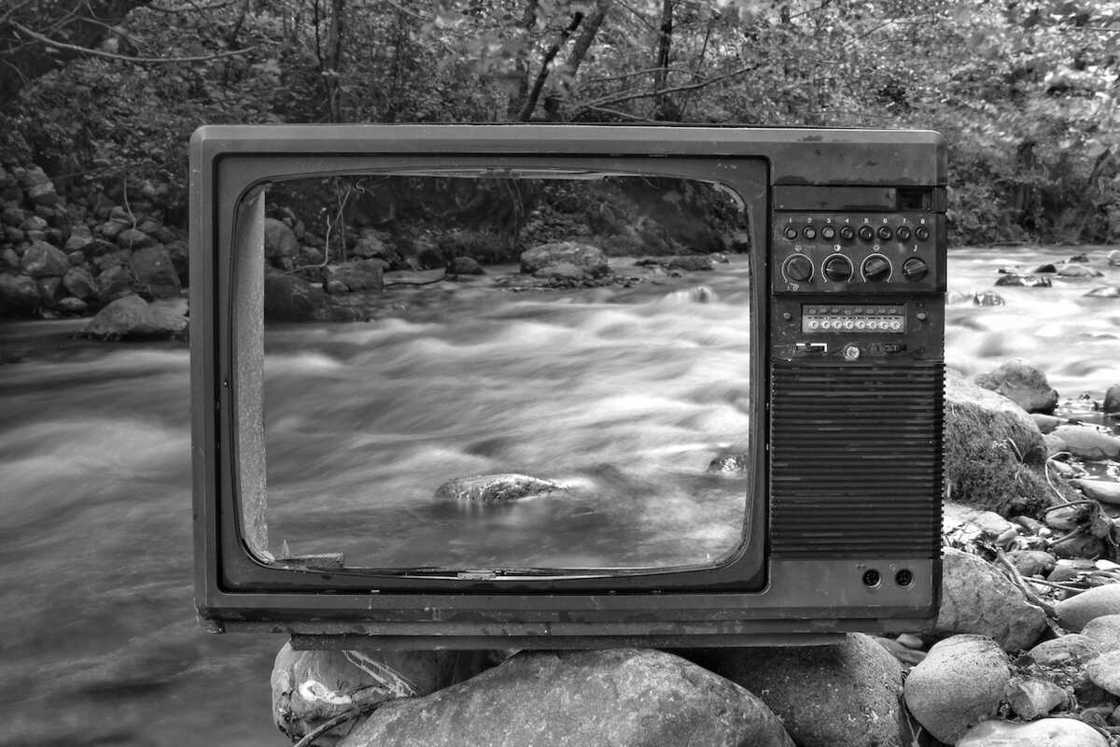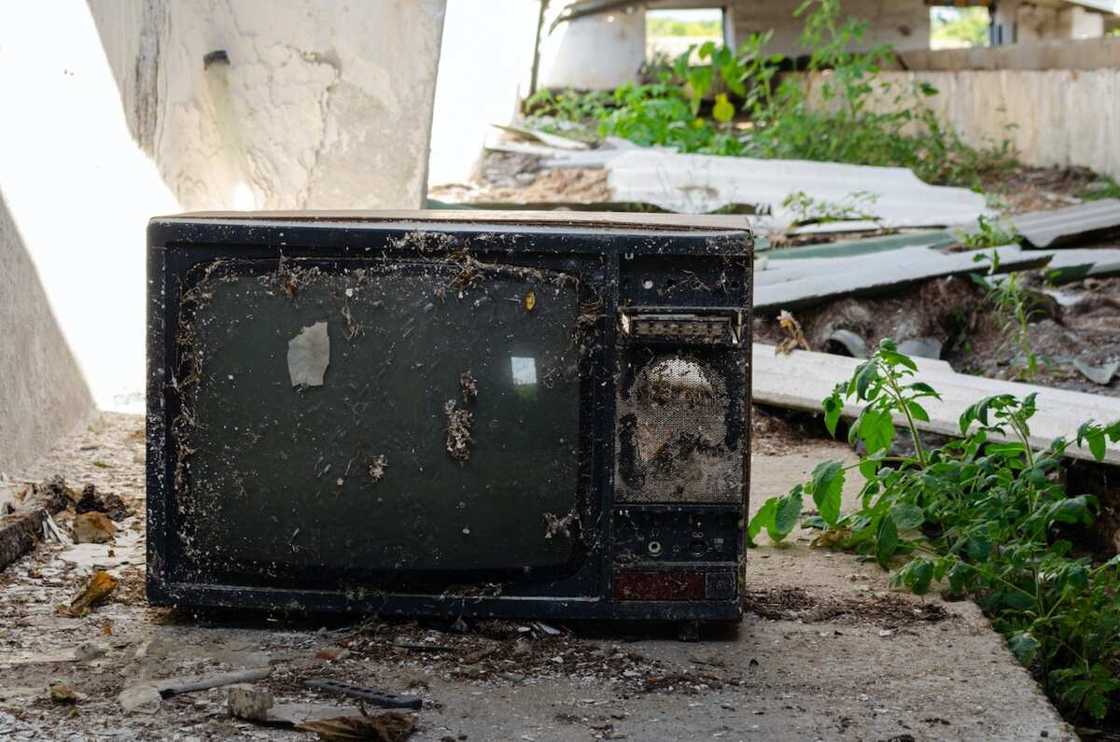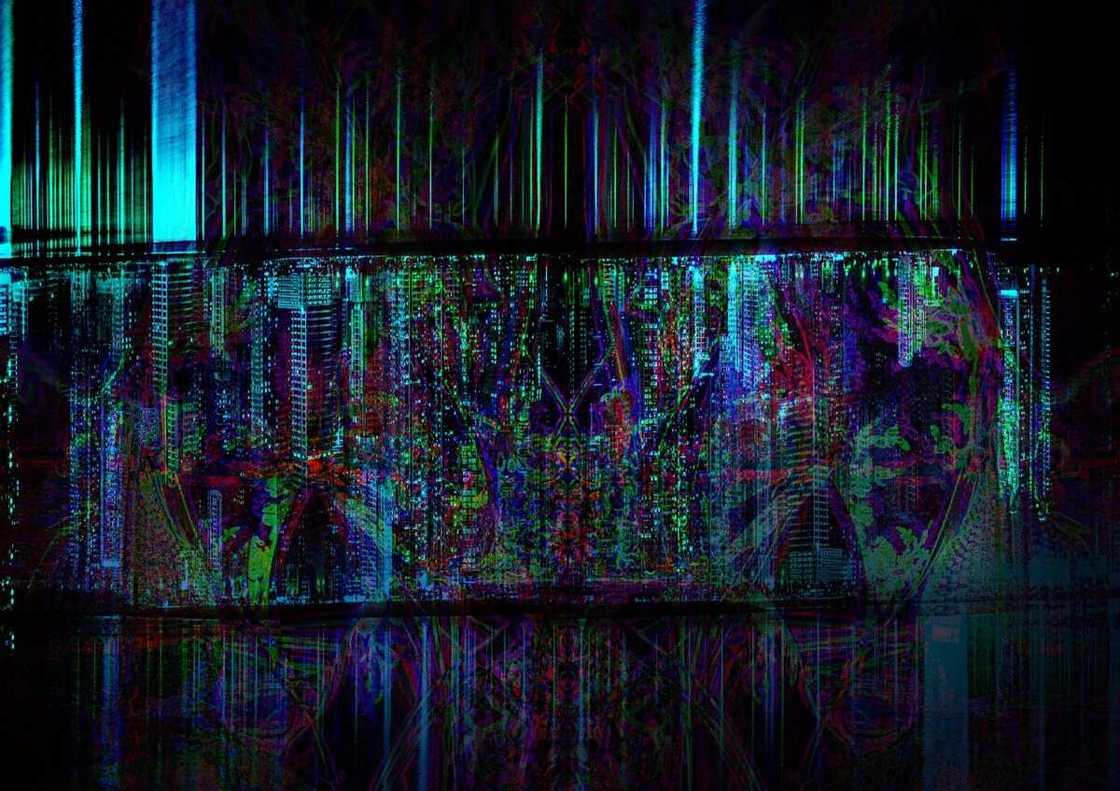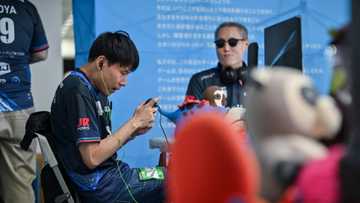What to do with broken TV: ways to deal with the old appliance
Televisions, like many other electronic devices, malfunction with time. They can wear and tear due to accidental damages or technical issues. When they become useless, they tend to bother owners because they take up significant living room space. Therefore, you should learn what to do with a broken TV when it becomes unusable. To illuminate this topic, we spoke with Kyle Wiens, CEO of iFixit, who provided valuable insights into recycling, safety concerns, creative repurposing, and the environmental impacts of improper disposal of broken TVs.

Source: UGC
TABLE OF CONTENTS
Dealing with a broken television can be a frustrating experience. A dysfunctional TV often becomes an eyesore and occupies valuable space in your homes. However, there are several ways to deal with a broken TV responsibly.
What are the best options for recycling a broken TV?
In an interview with Kyle Wiens, CEO of iFixit, he suggested finding a local e-waste recycling center as the best option for recycling a broken TV. He explained:
These facilities specialize in handling electronic waste. They safely dismantle the TV, separate hazardous materials, and recycle valuable components.
The electronics expert provided a helpful resource for locating local electronic waste recycling centers in Nigeria. You can refer to:
Safety concerns when disposing of broken TVs
Kyle highlights two main hazards associated with older TVs:
- CRT TVs: These old TVs are big, heavy glass tubes containing lead, which can poison the water supply and harm people.
- LCD TVs are also poisonous because they contain mercury backlights.
He advised that although the newest LED TVs don't contain lead or mercury, they should still be appropriately recycled to avoid environmental harm.
Discussing further the environmental impacts of improper disposal of a broken TV, Kyle shared an experience from a scrapyard he visited in Ghana. He narrated:
I visited a scrapyard in Accra, Ghana, and met some really good kids in a bad situation. They were mining electronics and TVs for copper by burning off the insulation. The smoke was hazardous and caused breathing problems. They didn't know how toxic their job really was. Some told me they traveled from Nigeria to Ghana to make extra money.
This is terrible work. It's much better to make money by fixing and repurposing things than by extracting the raw materials. For more detailed information on the environmental impacts, you can visit iFixit Right-to-Repair E-Waste.
Creative ways to repurpose parts of a broken TV
Kyle suggests the following ideas on what to do with a broken TV:
- You can repurpose a functional TV as a computer monitor, security camera display, or baby monitor.
- Transform the screen or casing into a unique display case or picture frame.
- Convert old TV casings into stylish cabinets or stands.
What to do with broken TVs
When your TV is broken, many ideas pop up in your mind. It is important to note that broken television can be disposed of responsibly, in an environmentally friendly manner.
By getting rid of your broken TV responsibly, you can help reduce the environmental impacts of electronic wastes and contribute to a more sustainable future. Here are some of the ways of how to dispose of a broken TV:
1. Donate or resell it
One of the major ways to dispose of a broken TV is by donating or reselling it. However, this depends on the TV's current condition. You should check with your local waste management facility if it is completely broken and cannot be repaired. Additionally, you can check in with the electronics recycling centre to see if they accept televisions for disposal.
Some organisations also accept donations of old electronics for recycling purposes. However, if the television can still be repaired, you could consider selling it on e-Bay or donating it to a local repair shop or charitable organisation that accepts electronic donations.
2. Take it to an electronic recycling centre

Source: UGC
What do I do with a broken TV? There are dedicated electronic recycling centres that specifically handle the disposal of broken TVs and other electronic devices. These centres play a vital role in preventing electronic waste from ending up in landfills, which can harm the environment due to hazardous materials.
These centres ensure that valuable materials, such as metals, plastics, and glass, are recovered and reused, reducing the demand for new resources.
3. Repurpose broken flat-screen TV
Repurposing a broken flat-screen TV can provide a creative and innovative way to give it a new life. One possibility is to transform the TV into a unique piece of furniture. For instance, the screen can be repurposed into a stylish wall-mounted display case or a decorative mirror.
The outer frame of the TV can be used to create a distinctive coffee table or a bookshelf. The circuit boards or speakers can be salvaged and incorporated into DIY projects, such as creating a sound system or decorative lighting fixtures.
By repurposing a broken flat-screen TV, you can add a touch of creativity to your living space and contribute to reducing waste and extending the lifespan of electronic devices.
4. Return it to the manufacturer
This is a great option for disposing of your broken television. Depending on the warranty and return policy, you can return your broken TV to the manufacturer for repair or replacement. Contact the manufacturer's customer service department for instructions on how to proceed with the return process.
5. Place it at the curb during designated e-waste collection days
This is another way through which you can dispose of your TV without interfering with the environment. Put the TV outside at the edge of the street, usually in front of your home, on specific dates and times assigned by your local government or waste management authority for e-waste collection.
This is a convenient and safe way to dispose of electronic waste, as it can contain harmful materials if not recycled properly. You can check with your local municipality or waste management company for more information about when and where to place your e-waste for collection.

Read also
Nigerians react as filling stations sell fuel at new price in Abuja, others, NNPC gives explanation
Where to sell broken TV

Source: UGC
If you are still stuck on what you do with a broken TV, selling it is also a great option, even though it is unlikely to have much value.
You can try selling it for parts or as-is on online marketplaces such as eBay or Craigslist but be sure to disclose that the TV is broken and include clear photos of any damage.
Alternatively, you can opt for scrapyards, local repair shops, or other online electronics parts marketplaces. However, it is important to consider the policies and requirements needed to sell such a device.
When faced with the question of 'what to do with a broken TV,' it is important to consider the various options available for its disposal or repurposing. Whichever way you go, note that by taking proactive steps to handle broken TVs responsibly, you can reduce electronic waste and minimise environmental impacts.
Legit.ng recently published an interesting article about how long it takes to boil water. There are various means of boiling water, such as a stove or an electric kettle. Boiled water is important as it can be used for preparing dishes like hard-boiled eggs and corn on the cob.
The boiling point of water is 100° C (212° F). The average time it takes to reach its boiling temperature depends on factors like the size and shape of the container, heating source, and starting temperature.
Source: Legit.ng

Peris Wamangu (Lifestyle writer) Peris Wamangu is a reporter who also has experience working as a content writer for three years. She joined Legit 's team in 2021. Peris graduated with a Bachelor of Commerce from the University of Nairobi in 2019. She enjoys writing about various topics such as fashion, currency, biographies, entertainment and business. In 2023, Peris finished the AFP course on Digital Investigation Techniques. Email: wamanguperis@gmail.com

Mary Ugbodaga (Lifestyle Journalist) Mary Ugbodaga is a Legit.ng journalist with 7 years of experience in journalism and media communications. She graduated from Covenant University in 2018 with a Bachelor's degree in Mass Communication/Media Studies. Mary previously worked as a journalist at TheCable, CNBC AFRICA, Voice of Nigeria, KPMG Nigeria. Email: mary.ugbodaga@corp.legit.ng.







